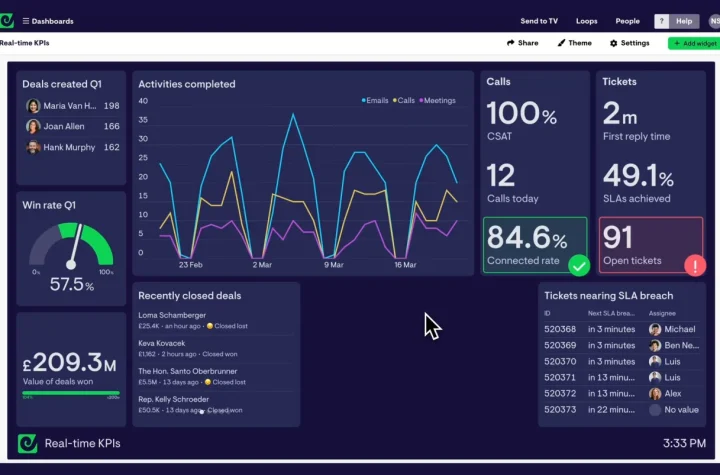
International taxation encompasses an expansive set of issues. RICs may withhold taxes from dividend payments made to foreign investors; however, an applicable tax treaty can reduce or even eliminate this withholding obligation.
Capital Gains
Countries often tax investment income through capital gains and dividend taxes. These taxes increase the cost of raising and investing capital for businesses and reduce their after-tax rate of return on investments.
Higher capital gains rates increase the costs associated with purchasing machinery or property and reduce available funds to invest in these assets, slowing economic growth and rendering countries less competitive.
Higher dividend taxes increase the cost of receiving after-tax corporate profits and discourage investment by both domestic and foreign investors alike. Countries that levy such taxes often receive lower scores in the ITCI; conversely, countries that permit faster write-off of fixed capital investments receive better marks; generally speaking, this indicator measures capital allowance systems as one of its core tax factors and measures this as the percentage present value of total fixed capital costs a business can write off over its lifetime in real terms.
Dividends
Dividends are a reliable source of income for investors. Dividend-paying stocks are popular investments vehicles, while mutual and exchange-traded funds specifically targeted to increase dividend yield. Like all forms of income, dividend investments must also be subject to withholding taxes.
There are three layers of international taxation that influence the after-tax return from foreign affiliates (Bianco & Nicodano, 2006; Gordon & MacKie-Mason, 1994). Layer 2 involves withholding taxes levied against dividend distributions made by subsidiaries; they do not apply to flow-through entities. Layer 3 refers to corporate income taxes levied against investment entities that may apply either as subsidiaries or flow-through entities.
If you are a nonresident alien and receive income from investments within the United States, such as dividends and interest from stocks and mutual funds, a Form 1099-DIV or 1099-INT from your payee should provide details about any qualified foreign taxes paid that can be claimed as credits (if itemizing) on your federal income tax return.
Interest Income
Interest income refers to returns earned on cash invested in savings accounts, money market accounts and bonds as well as dividends received from funds; taxed at your regular income tax rate.
If you invest in a foreign flow-through entity, you could face three layers of taxation: withholding tax in the foreign subsidiary’s home country as well as corporate income taxes in your own. Our firm can assist in taking steps to minimize these taxation layers with international treaties and domestic laws to decrease them to your benefit.
Every year, thousands of nonresident aliens engage in profitable trade or business activity within the US and may be subject to either the Green Card Test or Substantial Presence Test for filing purposes. Tax treatment of their investment returns varies considerably based on which method of reporting they employ and the types of assets invested in.
Other Income
Many governments impose taxes on other forms of income such as interest, royalties and dividends. Some taxes may be levied based on measures of income such as net income under local accounting concepts (in many countries referred to as profit), gross margins or sales less cost of goods sold or specific categories of receipts.
Many jurisdictions have laws designed to avoid thin capitalization (where firms use debt financing for investments in foreign subsidiaries) by restricting deductibility of interest expenses or forbidding related party charges from being considered taxable income. Others provide rules against “clustering” of income between same investors in multiple jurisdictions.
Withholding taxes are an important element of the pay-as-you-go tax collection system, helping combat tax evasion while protecting taxpayers against large unaffordable tax bills at year end. If withholding tax isn’t reported or paid timely, simple interest will be assessed each day on its amount multiplied by an annual interest rate.





More Stories
Investing in the Longevity Economy: Your Guide to the Biotech Race for Longer, Healthier Lives
Beyond the Brand Deal: Investment Vehicles and Strategies for the Creator Economy
Investing in Mental Wellness and Self-Care Startups: A Market That’s Finally Awake